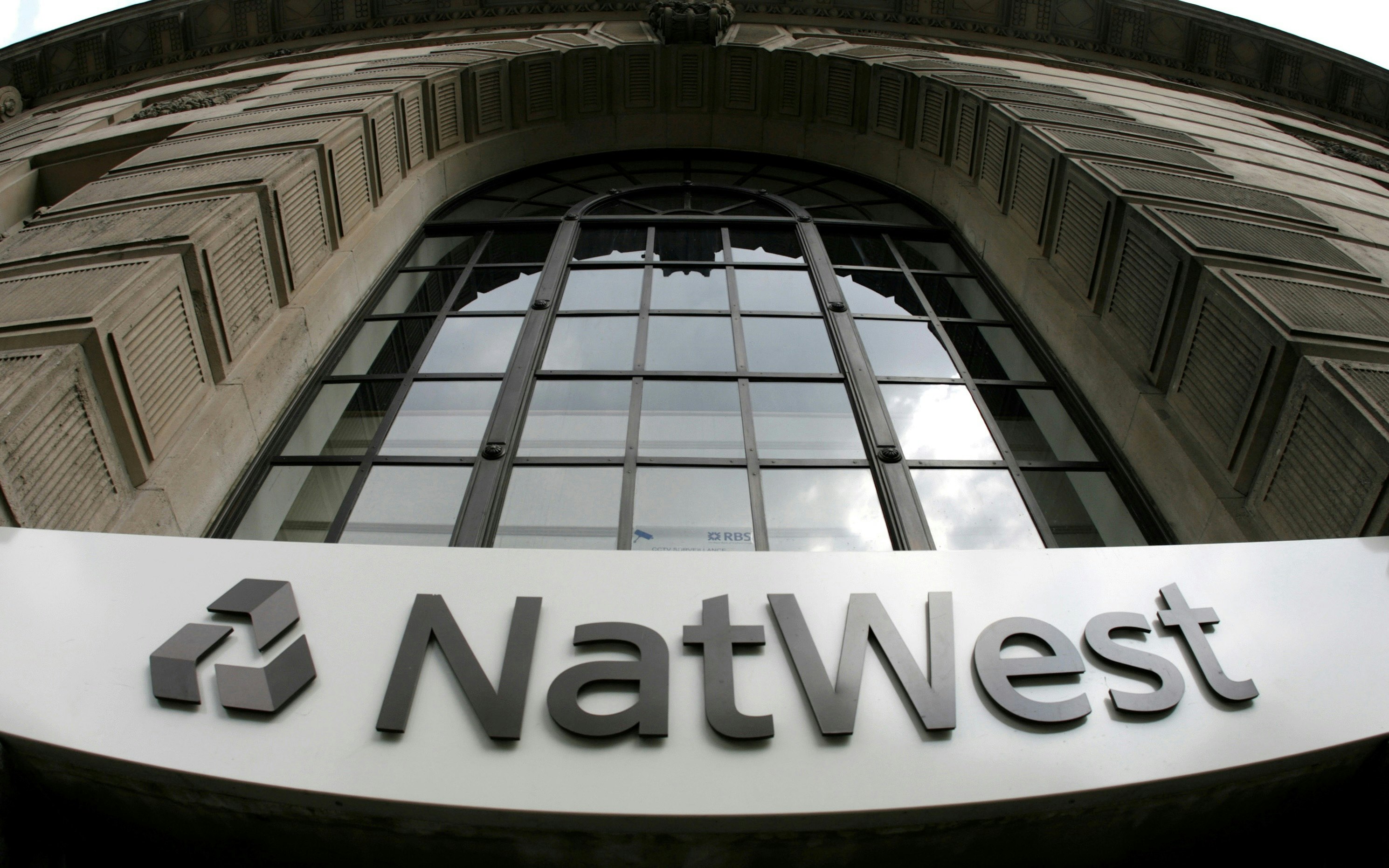Politics
Financial service providers call for "bold" measures in anticipation of political stability
Financial service providers call for 'bold' measures and hope for a phase of political stability.

The Labour Party's promises of a 'national renewal' program following their election victory on Friday have raised hopes among City of London leaders for a longer period of political stability.
Several business leaders call for "bold" measures to strengthen the UK capital markets, but emphasize the need for a period of predictability first, following years of disruptions from Brexit, the pandemic, Liz Truss's disastrous "mini" budget in 2022, and frequent changes in political leadership.
We hope that this government will usher in a new era of political certainty, stability, and predictability—one that the United Kingdom urgently needs to attract investment, boost growth, and strengthen its international competitiveness," said Miles Celic, CEO of the financial services lobbying group TheCityUK.
Bruce Carnegie-Brown, Chairman of the Lloyd's of London insurance market, reiterated the call to the new government to "bring a phase of greater stability and implement necessary reforms to improve the competitiveness of the economy.
Labour has built strong ties with the City in recent years, and companies said they wanted this to continue as the party considers changes to regulation.
The government has a clear mandate to lead - which is good for stability and the implementation of measures," said Marco Amitrano, Senior Partner at PwC UK. However, he added that the government should engage in a "healthy dialogue" with businesses, as "significant measures can have unintended consequences if not undertaken with care.
The CEOs of NatWest, Paul Thwaite, and the Lloyds Banking Group, Charlie Nunn, among others, welcomed Labour's commitment to prioritize economic growth.
The financial services sector has a long wish list for the new government and has framed some of its demands to align with Labour's goal of improving the United Kingdom's economic outlook.
A sector closely watched in the City is Labour's approach to regulation. The financial services industry found a sympathetic ear with the Conservative government of Rishi Sunak after complaining about a stifling regulatory environment too focused on eliminating risks.
Companies want to know 'what is being done in terms of a different approach to risk parity,' said Celic.
The frustrations of executives over regulation reached a peak in recent months when the industry clashed with the Financial Conduct Authority over its plans to name and shame companies more frequently, even if they had not yet been found guilty.
The former Chancellor of the Exchequer, Jeremy Hunt, left office before he could complete an overhaul of the United Kingdom's capital market regulations, including the so-called Edinburgh and Mansion House reforms.
The program for the reshaping of capital markets included changes to listing rules and other measures to reverse the exodus of companies and capital from the United Kingdom's public markets.
Asset managers and fund companies urged Labour to focus on making domestic stocks "attractive" to combat the subdued interest of investors in the British stock market.
We need a government that is bold and imaginative to address the UK’s capital market problem," said Matthew Beesley, CEO of Jupiter Fund Management.
The calls to encourage pension funds to invest in British companies will continue, along with the desire of executives to abolish or reduce the 0.5% stamp duty on trading shares of British companies, which generates approximately £3.8 billion per year for the UK Treasury.
Michael Summersgill, CEO of the investment platform AJ Bell, said that the system means 'we are not giving ourselves the best possible chance, we are charging a fee on our own shares.'
CS Venkatakrishnan, CEO of Barclays, said: "Inspiring a culture of informed risk-taking in the equity sector is crucial for the growth of the next generation of technology companies in the United Kingdom and the revitalization of our public markets.
Peter Horrell, UK Chairman of Fidelity International, said that the pension and savings market was an area that had "gone wrong" towards risk aversion. "From an individual perspective, the focus on safety creates far greater risks," he said. "Individuals are not investing enough in pensions, investments – like stocks – and are not benefiting from the long-term growth opportunities in relation to the risks.
Labour has promised to create an office for regulatory innovation to "improve accountability and promote innovation in regulation.
But they have not explained how this will work in practice – another area, including the party’s broader industrial policy, where Labour has outlined its ambitions without explaining how they are to be achieved.
We've seen the brochure," said Celic. "How will the management team deliver now?
Paul Geddes, CEO of Evelyn Partners, added that the attractiveness of London would not only increase domestic interest but also encourage foreign investors to raise capital flows to the UK stock exchanges.
Many in the industry also want Labour to promote closer ties with the EU, but are cautious about demanding this too loudly due to political sensitivity.
Banks want to see relations with Europe rebuilt to improve mutual market access and allow for cross-border operations without inefficient cost duplications," said a London-based manager of an international bank.
The trillions of pounds managed by the British pension and insurance industries will be a crucial part of any overhaul of the capital markets and Labour's efforts to increase private investment in British infrastructure.
The party has promised in its manifesto to review the British pension system, and some executives expect it to be bolder than the Conservatives in pushing industries to invest in British assets.
Hendrik du Toit, CEO of asset manager Ninety One, said the UK stock market has been 'destroyed' because defined benefit pension funds have avoided it over the past two decades as part of risk mitigation.
Performance-oriented funds would be prevented from taking risks for retirees due to cost limits they would have to adhere to, he added. To address these issues, he said, regulation would need to be reviewed and 'the asset management industry promoted.'
Some in the industry argue that it should be made easier to invest pension funds in non-listed assets such as infrastructure projects, which could benefit not only the economy but also the returns for pension holders.
The industry insists it is ready to invest more to help the United Kingdom achieve its net-zero target, but there is a lack of investable projects. Labour is attempting to address the issue by overhauling planning rules and creating a national wealth fund to "mobilize" private capital into decarbonization projects.
Andy Briggs, CEO of the FTSE 100 pension group Phoenix, said it is "essential that we give British pension savers better access to a wider range of investment opportunities".
He also called for an increase in contributions under the UK automatic enrolment system due to the underfunding of many pensions. Any increase would be politically sensitive as it would impact employees' net income, but Briggs said, "Inaction risks lulling people into a false sense of security that saving at the statutory minimum will be sufficient.
The reforms of the Solvency II rules for the capital investment of insurers are largely complete, but executives continue to push for more flexibility to invest in long-term British assets such as infrastructure. They have called for more funds for planning authorities to speed up their decisions and for binding targets for strategic infrastructure projects.
Insurers have also called for improved competitiveness, for example through the reintroduction of conservative plans for a new regulatory regime to promote "captive" insurance companies, which are used by large corporations for self-insurance of risks.
Property insurers have meanwhile warned against Labour's announced action on car insurance prices, insisting that the market is highly competitive.
Labour has promised to publish a "roadmap" for corporate taxation, a measure welcomed by business groups such as TheCityUK and the CBI, as it would provide companies with certainty.
There are concerns, however, over a planned crackdown on a tax "loophole" used by private equity executives to pay a lower rate on the profits they make from successful deals. Labour plans to consult on the policy but has pledged to raise £565 million a year by closing the "loophole" where "carried interest" is currently taxed as a capital gain rather than income.
With an almost certain attack on the way many in the private equity industry are compensated, ... this could be just the beginning," said Kevin Cummings, partner and tax attorney at McDermott Will & Emery, pointing to further regulatory changes and potential tax increases that could affect some wealthy clients.
Labour has promised to further tighten the rules for "non-doms" living in the United Kingdom and has not ruled out an increase in the capital gains tax rate, raising the possibility that wealthy individuals may attempt to sell assets or leave the country.









